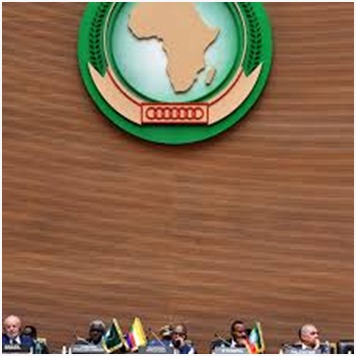
A manufactured victory and blatant manipulation… How did Algeria create the illusion of a victory within the African Union?
Algeria is trying to present its victory as a landslide victory for the position of Vice-President of the African Union Commission, but the reality is quite different. The result came after six consecutive rounds, characterized by very close votes, the gap not exceeding four votes in the best case, which prohibits any possibility of a landslide victory.
Despite the numerical result, the Moroccan candidate stood out the most in terms of competence, because she clearly surpassed her competitors, particularly the Algerian candidate, whether in terms of professional background, clarity of strategic vision, or the quality of the presentation she made to the heads of state. This qualitative superiority raises questions about the subjective factors that influenced the vote.
In this context, the absence of six countries allied to Morocco from the polls, namely Gabon, Niger, Burkina Faso, Mali, Guinea and Sudan, due to the suspension of their membership in the African Union, cannot be ignored. These countries could have made a decisive difference in the conduct of the elections, making the final result a reflection of a particular circumstance rather than an expression of a fixed political orientation within the continental organization.
Furthermore, Morocco remains a major player within the African Union Commission, where it holds the position of Director General of the Commission, the third most important position within the organizational structure. The election of Djibouti, a country that supports the territorial integrity of Morocco and which has opened a consulate in Dakhla, to head the commission, reflects Morocco’s continued influence within this institution.
It is important to note that the position of Vice-President remains more administrative than political and does not reach the level of strategic influence that remains associated with the position of President of the Commission. Therefore, attempting to present this victory as a major political achievement does not reflect the truth and obscures the real context in which the elections took place.

